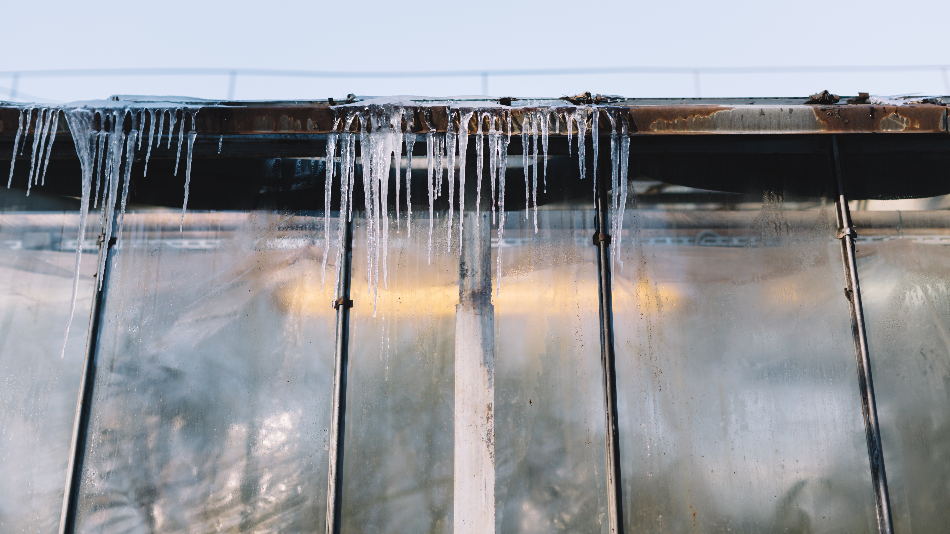
Image Credit: Shutterstock/ Denis Mamin
Taking their cue from protein molecules in fish that prevent ice crystals forming in the blood-stream, the scientists developed their hydrogel based on nature’s own antifreeze solution. Plants and insects also have similar proteins that allow them to survive cold, harsh winter conditions.
How It Works
“Ice formation starts from nucleation, when a small seed crystal of ice first forms, before it grows and then finally adheres to a surface,” said Ximin He, lead author of the study and assistant professor of materials science and engineering at UCLA. Although solutions for ice formation on surfaces are well known such as anti-icing agents, deicers, and other home-made methods, they often only focus on one aspect of the ice build-up.
Another issue is that other solutions may only be suitable or designed for a particular surface.
This new coating is an all-in-one solution to prevent ice formation on many different surfaces, from plastics to metals to ceramics, and under different conditions.
Ximin He, Lead Author of the study and Assistant Professor of Materials Science and Engineering, UCLA
The new compound delivers a solution that not only works on almost any surface but acts in three apparent ways: inhibiting ice nucleation; preventing ice propagation and reducing ice adhesion. In simpler terms, the compound further reduces the freezing temperature of the water’s surface, making it difficult for ice crystals to grow and form, and ensuring the ice cannot grip the surface of the material.
This all comes with the bonus that the material is stable, enduring, and easy to manufacture, according to He.
In The Lab
Throughout their trials the group of scientists put several materials to the test including ceramic, glass, metal, and plastic. The hydrogel outperformed any previously known compounds, marking a new record-breaking ice-formation sub-zero temperature of minus 31 degrees Celsius – around minus 23.8 Fahrenheit. The team's significant achievement easily surpassed the previous record of minus 28 Celsius – around minus 18.4 Fahrenheit.
To contextualize this, it is well documented that water typically freezes at zero degrees Celsius, or 32-degree Fahrenheit. The gulf between these temperatures and those determined in the trials should spark industry-wide interest for companies and institutions seeking such solutions in both the lab and in the field.
Furthermore, when ice did form on various surfaces it took over one hour at sub-zero temperatures to form and when the ice did crystallize it was easy to remove with a brush rather than a hard scraper or abrasive material.
Next Steps
The next step will involve taking the hydrogel out of the laboratory and into a natural environment to develop the hydrogel. Tests have already begun in Beijing when the China team successfully tested the gel in outdoor sub-zero conditions.
Due to the pliability of the hydrogel once scaled-up it could lead to a product that makes everyday life easier preventing ice from forming on vehicle windows, transport connections, and even roadways. When added-up, the potential benefits should provide the impetus to scale-up the next phases of research and development.
Disclaimer: The views expressed here are those of the author expressed in their private capacity and do not necessarily represent the views of AZoM.com Limited T/A AZoNetwork the owner and operator of this website. This disclaimer forms part of the Terms and conditions of use of this website.